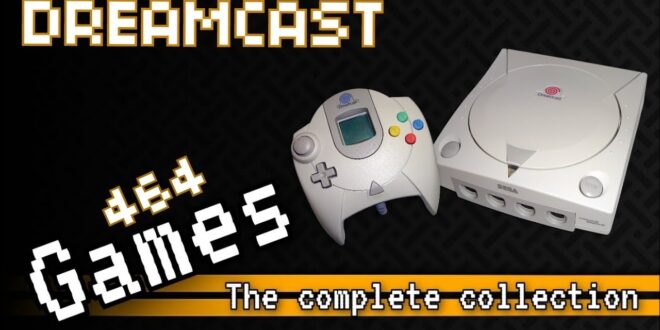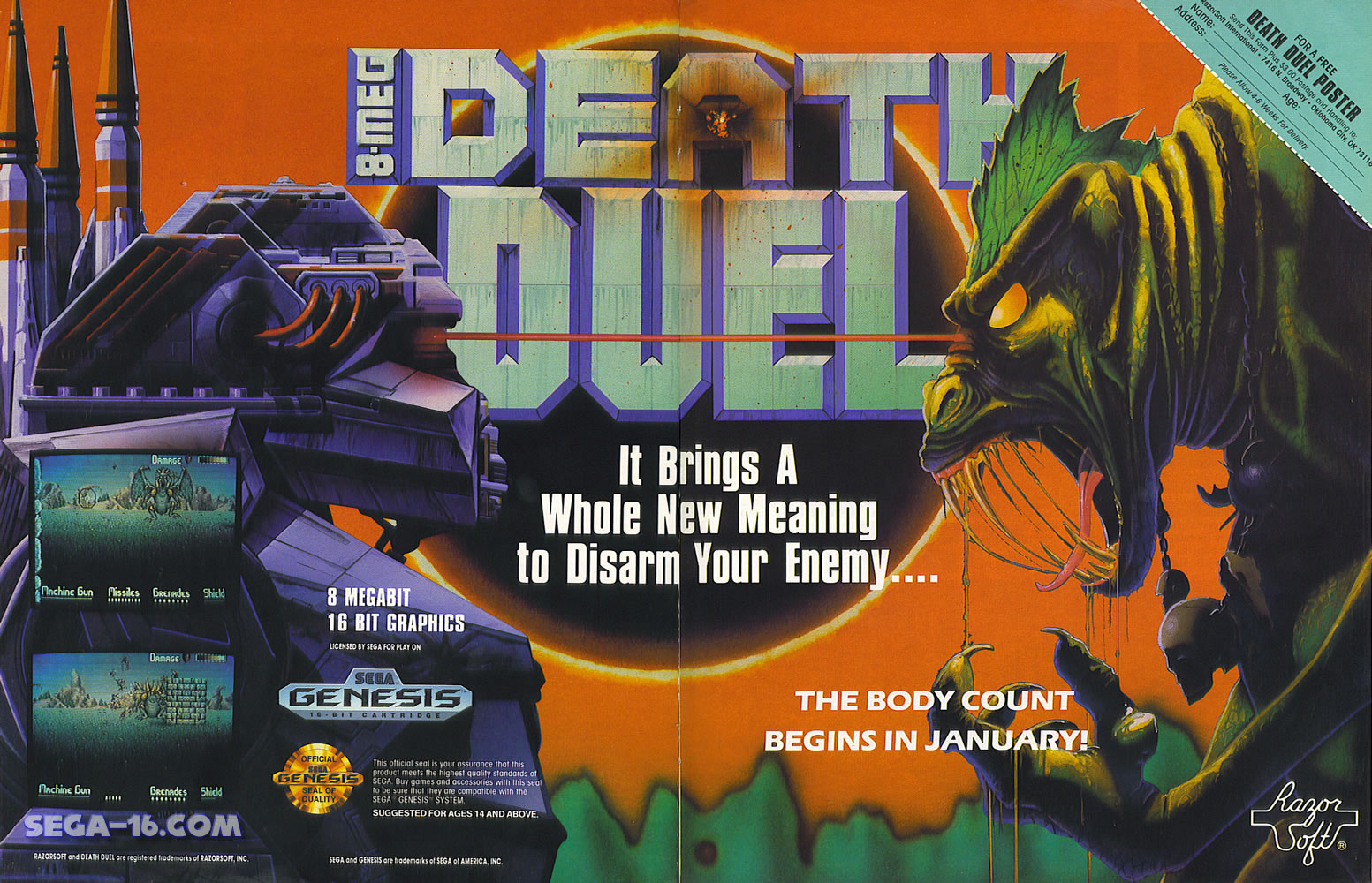Enjoy our comprehensive retrospective as we showcase each and every one of the classic games developed for the Sega Dreamcast in this captivating video journey.
Sega Dreamcast: A Look Back at the Console That Dreamed Big
The Sega Dreamcast, though short-lived, remains a console celebrated for its innovation, advanced features for its time, and a library of games that have achieved cult status. As we delve into the specifications, history, and overall review of the Dreamcast, it’s clear that this console was ahead of its time in many ways.
Specifications
Released in Japan in 1998 and in North America in 1999, the Dreamcast was Sega’s final home console. It boasted impressive hardware for the era:
– CPU: Hitachi SH-4, 200 MHz 32-bit RISC processor
– Graphics: PowerVR2 CLX2 GPU, capable of rendering millions of polygons per second
– Memory: 16 MB of main RAM and 8 MB of VRAM
– Audio: Yamaha AICA Sound Processor with 64 channels
– Storage: Custom GD-ROM format, capable of storing up to 1.2 GB of data
– Connectivity: Built-in 56 Kbps modem (33.6 Kbps in some regions), with later versions featuring a broadband adapter for high-speed internet access
– Controller: Featured four face buttons, a directional pad, analog stick, two analog triggers, and slots for memory units and rumble packs
– Visual Output: Supported 480p resolution through VGA
The Dreamcast was also the first console to include a built-in modem for online gaming, anticipating the future of networked play.
History and System Review
The Dreamcast arrived at the cusp of the new millennium with the tagline “It’s thinking,” which signified its advanced AI capabilities for the time. Sega’s console was met with critical acclaim for its powerful graphics and online functionality, which were unprecedented in home consoles.
The console launched with a strong lineup, including the visually stunning “Sonic Adventure” and the innovative “Seaman,” which utilized the microphone attachment for voice recognition. The library expanded to include gems like “SoulCalibur,” “Crazy Taxi,” “Shenmue,” and “Jet Set Radio,” all of which showcased the system’s graphical prowess and creative potential.
However, despite its cutting-edge technology and strong start, the Dreamcast faced insurmountable challenges. The PlayStation 2, released a year later, was a formidable competitor, offering DVD playback and a vast library of games due to Sony’s strong third-party developer relationships. Additionally, Sega’s financial difficulties, partly due to the previous failures of the Sega Saturn and the 32X, hampered the Dreamcast’s ability to compete.
Sales dwindled, and by March 2001, Sega announced that they were discontinuing the Dreamcast and restructuring to become a third-party software publisher. This marked the end of their hardware production.
The Dreamcast Legacy
Looking back at the Sega Dreamcast, it’s clear that the console was a trailblazer. It introduced many features that have since become standard, such as online play and downloadable content. The Dreamcast’s controller also influenced the design of future controllers, particularly with the inclusion of the analog triggers.
Despite its commercial failure, the Dreamcast has a passionate fanbase. The console’s forward-thinking design, combined with a memorable and diverse game catalog, has kept its spirit alive. Homebrew communities thrive, with new games and applications being developed by enthusiasts.
Final Review
The Sega Dreamcast was a console that dared to think differently. Its hardware was revolutionary, its games were innovative, and its impact on the gaming industry is still felt today. Although it was ultimately unable to secure its place in the market, the Dreamcast isn’t defined by its failure but rather celebrated for its ambition and the incredible gaming moments it provided. It remains a beloved piece of gaming history and a testament to Sega’s legacy as an innovator in the industry.
 Retro Replay Retro Replay gaming reviews, news, emulation, geek stuff and more!
Retro Replay Retro Replay gaming reviews, news, emulation, geek stuff and more!




